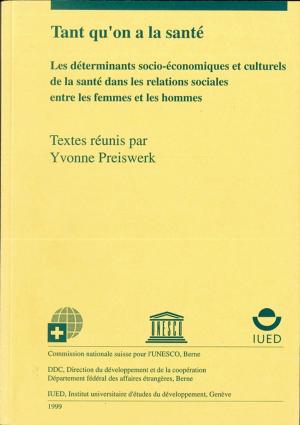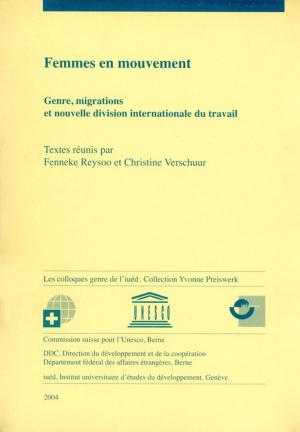Aut Dedere, aut Judicare: The Extradite or Prosecute Clause in International Law
Nonfiction, Reference & Language, Law, International| Author: | Claire Mitchell | ISBN: | 9782940415724 |
| Publisher: | Graduate Institute Publications | Publication: | March 31, 2011 |
| Imprint: | Graduate Institute Publications | Language: | English |
| Author: | Claire Mitchell |
| ISBN: | 9782940415724 |
| Publisher: | Graduate Institute Publications |
| Publication: | March 31, 2011 |
| Imprint: | Graduate Institute Publications |
| Language: | English |
The aut dedere aut judicare, or “extradite or prosecute” clause is shorthand for a range of clauses that are almost compulsory in international treaties criminalizing conduct, obliging a State to either extradite or prosecute one accused of the crime the subject of the treaty. The obligation has become increasingly central in the emerging legal regime against impunity and has a role in States’ armoury of international criminal enforcement mechanisms. Yet there has been little academic consideration of the sources of the principle, including whether it exists at customary international law, and the scope and operation of the obligation. While the topic is currently being considered by the International Law Commission, this paper seeks to provide some of the empirical research that has to date been missing and to identify the sources and scope of the obligation to extradite or prosecute. The views reflected in this paper are personal and do not necessarily reflect those of the United Nations.
The aut dedere aut judicare, or “extradite or prosecute” clause is shorthand for a range of clauses that are almost compulsory in international treaties criminalizing conduct, obliging a State to either extradite or prosecute one accused of the crime the subject of the treaty. The obligation has become increasingly central in the emerging legal regime against impunity and has a role in States’ armoury of international criminal enforcement mechanisms. Yet there has been little academic consideration of the sources of the principle, including whether it exists at customary international law, and the scope and operation of the obligation. While the topic is currently being considered by the International Law Commission, this paper seeks to provide some of the empirical research that has to date been missing and to identify the sources and scope of the obligation to extradite or prosecute. The views reflected in this paper are personal and do not necessarily reflect those of the United Nations.















